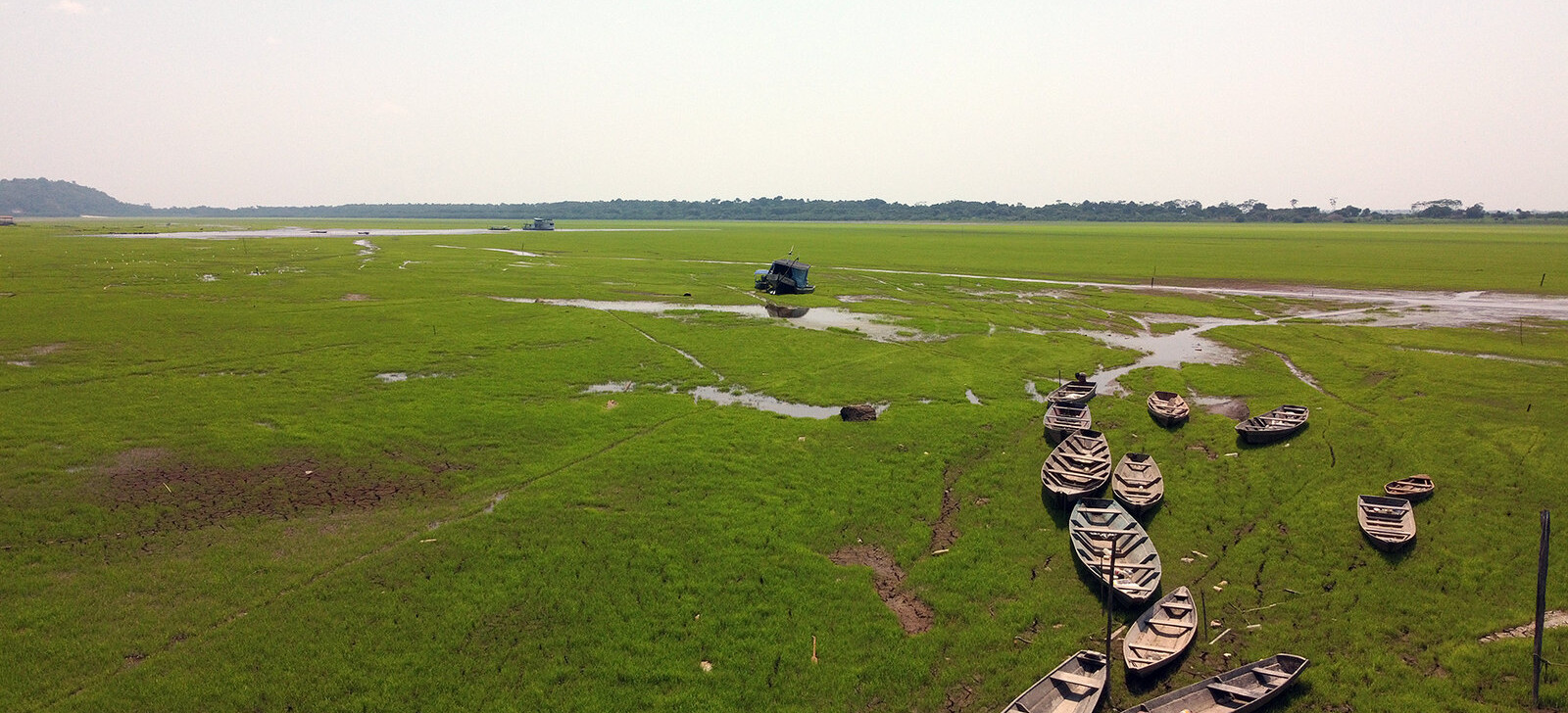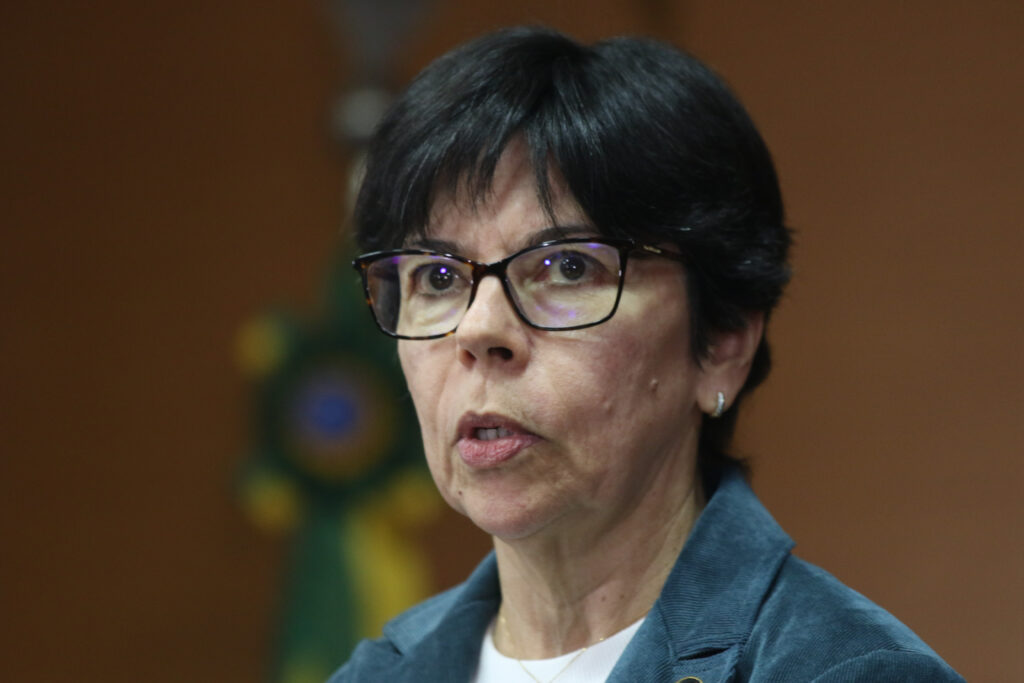Report indicates that the climate crisis is advancing faster than containment actions
04 de November de 2025

By Fred Santana* – From Cenarium
MANAUS (AM) – The climate crisis is advancing at a faster pace than the actions implemented to contain it. This is what the report “10 New Insights in Climate Science 2025/2026” reveals, released this week by an international consortium of scientists led by The Earth League, Future Earth, and the World Climate Research Programme (WCRP).
Launched on the eve of COP30, to be held in Belém (PA), the document brings together the most recent scientific findings on the intensification of global warming and its impacts.
The study, based on contributions from more than 150 experts from several countries, states that the Earth’s energy imbalance, the difference between solar energy absorbed and that reflected back into space, has increased at unprecedented levels, a clear sign that global warming may be accelerating.
“The World Meteorological Organization confirmed that 2024 was the warmest year ever recorded, with average temperatures reaching 1.55 °C above pre-industrial levels,” explains Mercedes Bustamante, researcher at the University of Brasília (UnB) and one of the study’s coordinators.
“This ongoing warming has fueled heat waves, droughts, wildfires, storms, and floods with greater frequency and intensity, resulting in severe human and economic losses,” warns Bustamante.

This phenomenon is aggravated by less reflective clouds over the oceans and by reduced ice coverage, which causes the planet to absorb more heat than before. “The remarkable increase in the Earth’s energy imbalance suggests that global warming is intensifying beyond previous projections,” the researchers point out.
Scientists also highlight that the decline in industrial aerosol emissions, which once helped reflect part of solar radiation, contributes to warming. “Reductions in sulfur emissions from maritime transport and industry have caused less reflection of sunlight, amplifying global warming,” the report states. According to the consortium, this combination of factors may be leading to an acceleration of warming, with significant implications for the coming decades.
Oceans and forests losing strength as natural barriers
The oceans, which absorb about 90% of the excess atmospheric heat, are also suffering from the accelerated pace of the crisis. The report states that sea surface temperatures have been breaking records since April 2023, reaching in 2024 about 0.6 °C above the 1981–2019 average and roughly 0.9 °C above pre-industrial levels.
These extreme conditions are directly related to the increase in marine heat waves, which have become more frequent, intense, and persistent. “Marine heat waves are causing severe and, in some cases, irreversible ecological impacts,” warn the scientists.

Carbon sinks affected
The planet’s changing climate is already affecting carbon sinks, natural or artificial systems that absorb more carbon dioxide from the atmosphere than they release. The warming of the ocean surface reduces the seas’ capacity to absorb CO₂, weakening their role as a natural carbon sink.
Beyond the oceans, forests and soils are also losing efficiency in carbon sequestration. According to the study, the global terrestrial sink dropped to 2.3 gigatonnes of carbon in 2023, well below the average of 3.2 gigatonnes per year observed in the previous decade.
This reduction is attributed to increased wildfires in boreal regions and to the degradation of ecosystems once considered stable. “The weakening of natural sinks implies an even smaller remaining carbon budget than previously estimated,” warns the document.
The report reinforces that the melting of permafrost, the permanently frozen Arctic soil, is already releasing more carbon than it retains. “When considering not only CO₂ but also methane and nitrous oxide, the region may already be a net carbon source to the atmosphere,” the authors note.
Climate targets remain insufficient
Despite repeated warnings, political responses remain far from the scale needed to contain the crisis. “Even if all current Nationally Determined Contributions (NDCs) were fully implemented, global emissions would fall only 5.9% by 2030 compared with 2019,” states the report, a figure far below the 28% reduction required to keep warming below 2 °C, or the 42% needed to limit it to 1.5 °C.
The text also criticizes the slow pace at which countries are updating their commitments. “By October 2025, only 62 nations, responsible for 31% of global emissions, had submitted new NDCs,” the scientists highlight. This lack of ambition is seen as one of the main challenges for COP30 in Belém, which is expected to mark a turning point for the effective implementation of climate commitments.
The consortium proposes urgent measures such as “the creation of standardized progress indicators, the strengthening of forest conservation, and the monitoring of the transition beyond fossil fuels.” It also calls for “the formal recognition of carbon-dioxide removal strategies as an essential complement to direct emission reductions,” enabling net-negative emissions in the future.
The report ends on a note of urgency. “It is necessary to create standardized progress indicators, to monitor the transition beyond fossil fuels, to strengthen forest conservation and restoration, and to protect biodiversity and carbon sinks,” concludes Mercedes Bustamante.

